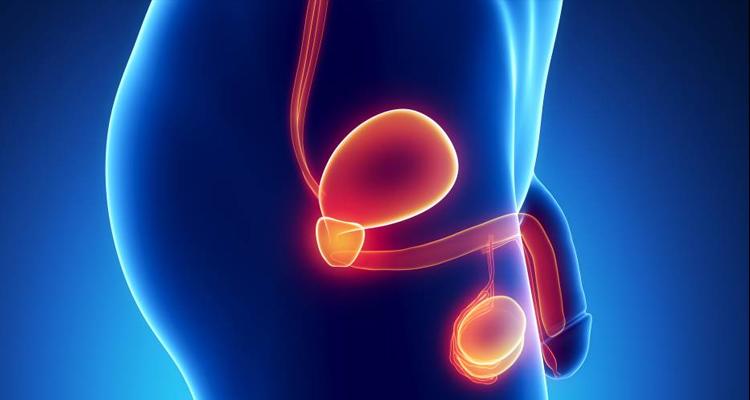Slow-Growing Prostate Cancer Diagnostic Test

Summary
Prostate cancer (PC) represents one of the most common malignancies and the fifth leading cause of cancer death in adult men worldwide. In Chile, in 2018 alone, more than 6,000 new cases of PC were recorded, representing the second cause of death by cancer.
Mortality rates in several developed countries have been reduced through screening policies that make it possible to detect PC in its early stages and thus increase survival. However, this strategy has induced a dramatic increase in incidence rates, where a high percentage of these cases correspond to slow-growing prostate cancer, which does not produce any symptoms in men who suffer from it, nor will it lead to their death.
As a result, treating these patients with standard therapies is unnecessary and leads to side effects that dramatically and definitely affect their quality of life, not to mention the economic cost that these treatments imply for patients and/or public and private health systems.
An alternative to therapeutic treatment for patients with slow-growing prostate cancer is active surveillance (AS), which suggests treatment only in cases of disease progression. Being able to differentiate, at the time of diagnosis, patients with slow-growing PC who could benefit from active surveillance is crucial. This technology consists of a diagnostic panel based on four lncRNAs that can be used to identify cases of slow-growing prostate cancer.
Development Status
TRL 3. Proof of concept in the laboratory. Research continues with a view to validating and expanding the concept.
Potential Applications
Pathological analysis to identify patients with prostate cancer, who may be eligible for active surveillance.
Advantages
- Makes it possible to selectively choose prostate cancer patients for active surveillance, without having to undergo a life-time of therapy-related side effects.
- Reduces the economic costs for patients and insurers associated with excessive and unnecessary treatment
Opportunity
Looking for academic, clinical or commercial partners interested in supporting further research and technology validation.
Research Team
Ignacio San Francisco MD, Professor at the UC School of Medicine.
